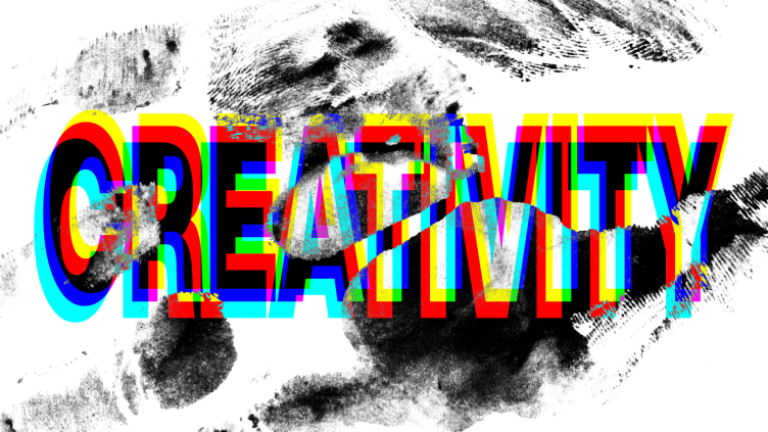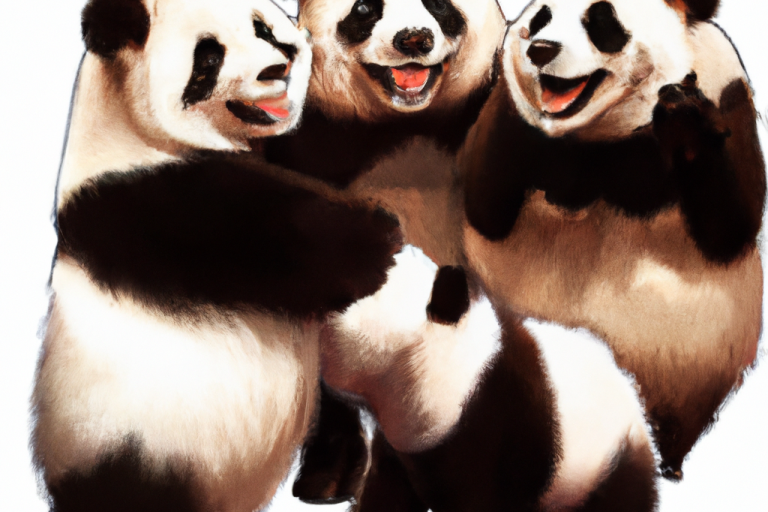Much to the chagrin of my partner, I’m an obsessive creative tinkerer. Not in the sense that I creatively tinker with technology, but I constantly tinker with other types of creativity.
I am a published poet of a single poem. I have performed live on stage playing the bass guitar for one song, I have created one street art installation, I have DJed to the public a handful of times, I’ve made three YouTube Videos (on mostly different topics), I’ve released one song on Spotify (with a music video), I do pretty much one public talk at a conference every year and launch a single, frequently pointless, web project every year.
I learn how to do these things with zero intention of being profitable. I finish them to a standard I’m happy with and then tend to walk away from them. I’m not a YouTuber, a Poet, a Musician, a DJ, Entrepreneur, or a public speaker. I’m an Engineering Lead.
This infuriates my partner, who sees all this as pointless projects and a waste of energy. Up until recently, I felt a similar way. I always thought that being unable to stick to any of these things long-term was a sign of weakness, a lack of staying power, or commitment.
Creative Practice.
At the beginning of my career, I had debates with people about whether Engineering is a creative topic. It’s hard sometimes to see the parallels between coding and more artistic endeavours. However, the definition of creativity is simply the act of creating something new and valuable, which software engineering most definitely is.
It’s even harder to draw the parallels between creativity to engineering leadership, but your main goal is to inspire and guide people to create. So it feels incredibly unwise not to consider tech leadership a creative act. To fail to do so would be like a movie director or an agency creative director approaching their roles as pure management. Of course, both roles have classic management elements, but you wouldn’t normally associate either with being ‘managers’.
The Creative Act of Being.
I recently read a mind-boggling book, “The Creative Act of Being” by the music producer Rick Rubin, it oscillates from nonsense to genius paragraph to paragraph, but at its core, it’s a fantastic guide for those wanting to be better at being creative.
My main takeaway, however, is how important ‘tinkering’ with creative ideas is. All the above projects I mentioned have contributed to my being better at my job. Some of those projects contribute in ways I’m yet to realise, and some in obviously direct ways.
Learning creative workflows from making videos and music has helped me improve my productivity in other things. In addition, learning storytelling and communication skills from talking and writing has allowed me to express my ideas more powerfully.
These ‘pointless’ projects have given me a skill that I added to my quiver, like another arrow for my bow.
I’m yet to find a use for knowing the bassline to Seasons by Future Islands off by heart, but I’m sure that time will come!
So embrace your silly side projects or pointless hobbies. They will make you a better creative in the long run!



